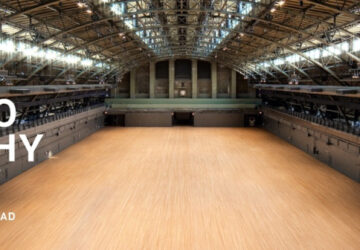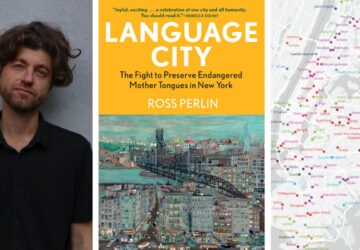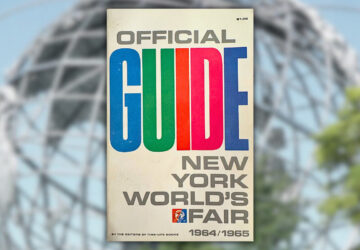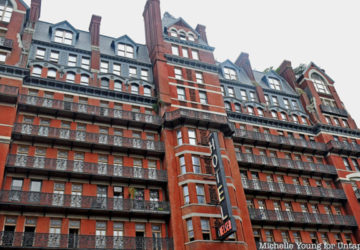The City Reliquary, a museum dedicated to the artifacts of New York City’s past, is opening a new exhibit highlighting the landmark Empire roller skating rink. Opened in 1941 in Crown Heights, the rink served as a social and cultural epicenter for rink rats and roll-bouncers from across the five boroughs. The self-styled “birthplace of roller disco,” which was converted from the old Ebbets Field parking garage, persevered for more than seventy years and helped usher in the heyday of roller skating in the 1970’s and 80’s before it closed as the last indoor skating rink in New York City in 2007.
“I would say that Empire is an icon, it’s the mecca of roller skating and it just so happens to be in Brooklyn,” Empire patron and roller skater Kevon Johnson told The New York Times in 2007. “I’ve been skating 30 years and it’s been my home away from home ever since,” he said. “Rolling around that rink made you feel like a kid.”
The City Reliquary’s exhibit aims to revive some of those feelings for museum-goers and preserve the memory of what made the space so important to many. To that end, Empire Skate: The Birth Place of Roller Disco will feature physical artifacts, archival materials, videos and interviews with people for whom the rink was a community hub and fixture of their daily lives. It also traces the history of roller skating in the United States, which was home to over 20 rinks during peak skating years.
New York City skating icon Bill Butler told Mass Appeal in 2017 that one of the chief wonders of Empire Skate was how it managed to serve as a common space for communities otherwise divided. “It was just a melting pot,” he said. “All nationalities. We used to have these two Hasidic guys that were regulars. Man, it was almost like, if they didn’t come to the place, everyone missed them.”
As a neighborhood stalwart for well over 70 years, Empire Skate also bore witness to much of the violence that plagued central Brooklyn neighborhoods like Crown Heights for decades. At the very same time, by serving as a dynamo of creativity, motion and pure exuberance, the rink proved that those communities could hardly be defined by the problems they experienced. The exhibition, which runs from May 10th though mid-October, also traces the overarching threads of race, class and urban life that characterized the transformation of roller disco and the physical spaces in which it evolved. For more information, visit cityreliquary.org.
Next, take a Look at The City Reliquary, A Museum about NYC Ephemera and read about the Outdoor Sculpture Garden Made of Trash.






